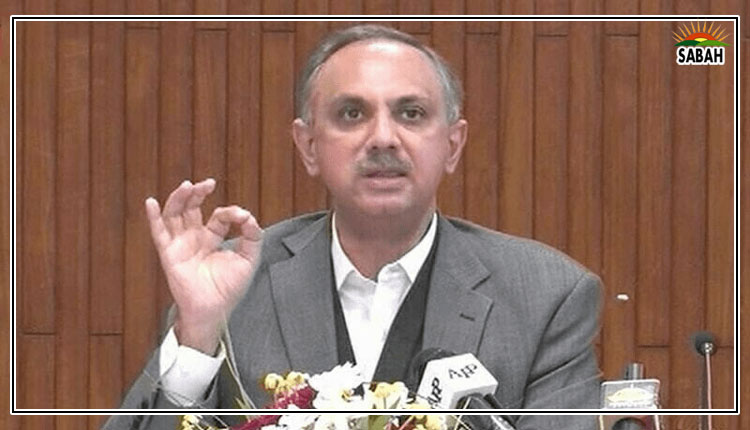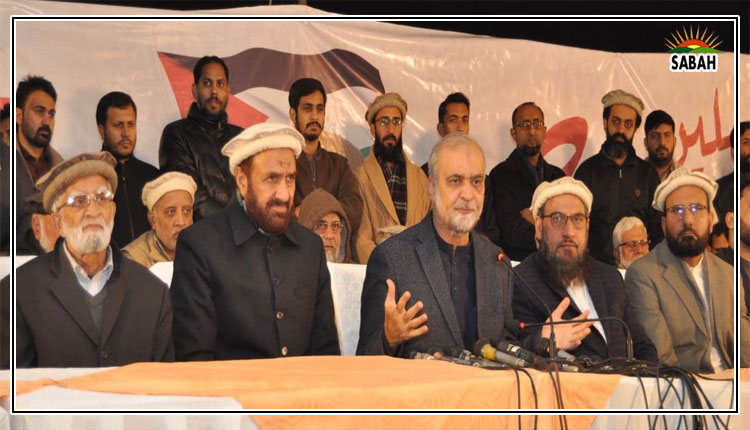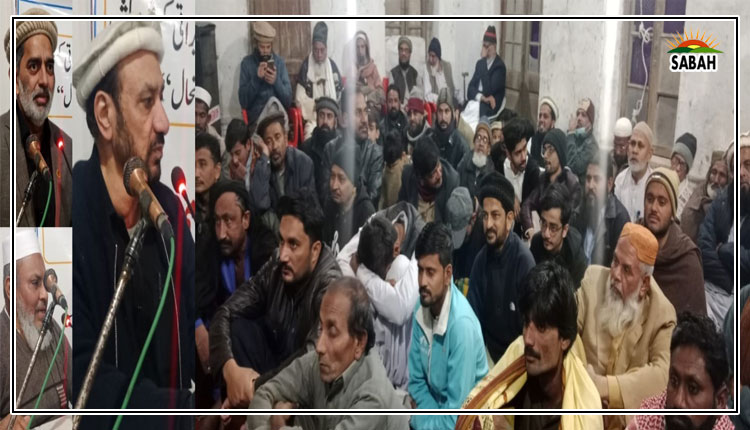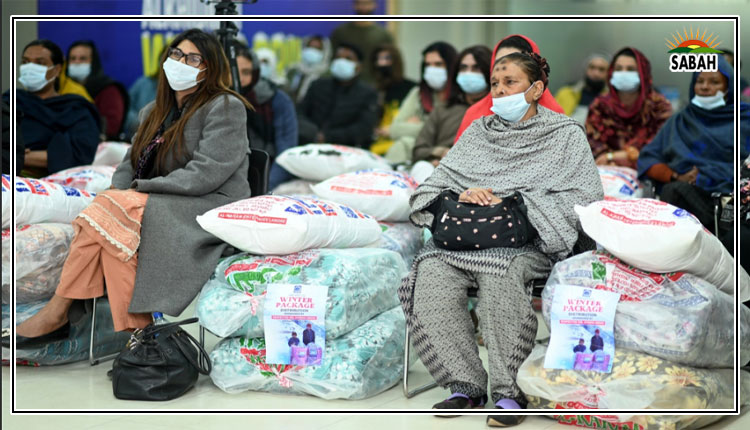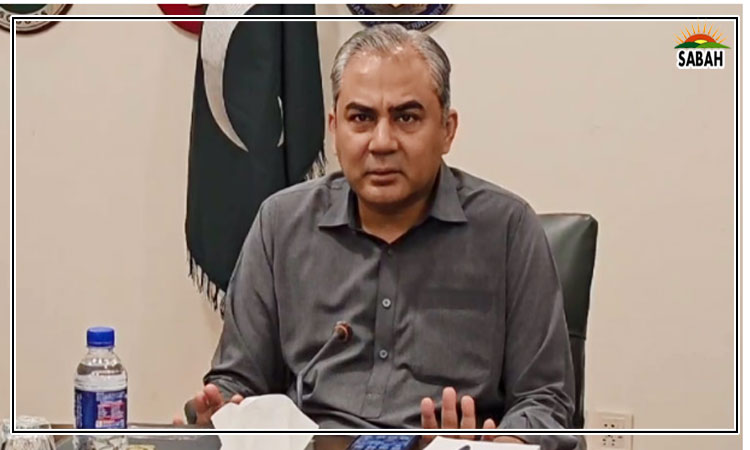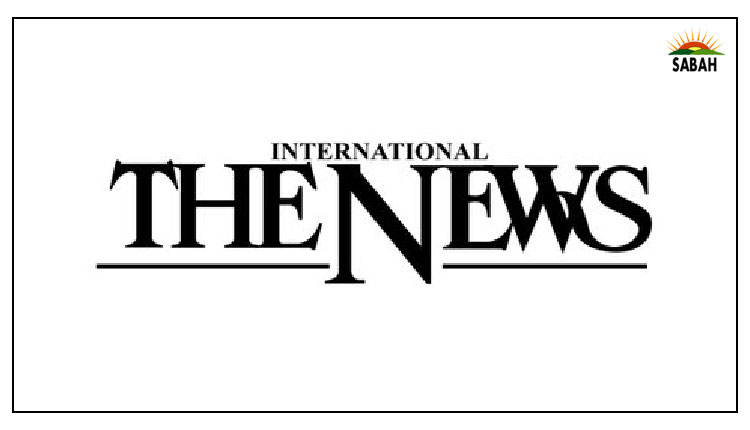Analyzing IKnomics…Kaiser Bengali
Imran Khan has forwarded a 10-point agenda to steer the economy out of the existential crisis that Pakistan faces. This is welcome, since the government appears to be clueless on the steps required to address the issues other than to seek more loans from all and sundry.
The plan contains three strands: curtailing the current account deficit, increasing the tax net to raise revenues, and promoting development in various socio-economic sectors. An assessment is in order.
The first part revolves around bringing in dollars, which includes motivating overseas Pakistanis to invest in the country, facilitating exports and promoting tourism. The second part is just that: increasing the tax net to generate revenue. And the third part covers development of IT, tourism and mining, raising agricultural productivity, restructuring state-owned enterprises, and providing the youth with interest-free loans to take business initiatives.
The above roster appears to be an offhand attempt to throw in an assortment of ideas and call it a plan. There has not been a coherent development plan for over 40 years now; however, the PTI economic management has been even more garbled and the present plan more unfocussed. IKnomics, like Daronomics, has proved to be a bad dose of quackery in the past and threatens to continue to be so in the future as well. Pious pontification cannot be a substitute for sound policy management.
The pre-2018 expectation of rich overseas Pakistanis contributing 1,000 dollars, supposedly motivated by Imran Khans self-professed honesty, to overcome the debt burden never materialized. And the magic does not appear to occur again. Investments in the Middle East real-estate market are hard-nosed business decisions. Why anyone would invest their hard-earned money in a sinking economy is a moot point. In any case, Pakistanis have been burned earlier by the qarz utaro, mulk sawaro slogan of the Nawaz Sharif days in the 1990s.
Exports will also not increase by coddling exporters with offers of VIP treatment. That has been the thrust to date: grant incentives. However, it is industry that produces the surplus for export. The macroeconomic policy framework has to encourage investment and growth in industry for it to produce quality goods at internationally competitive prices. Such a framework has eroded over the last 40 years and. As a result, investable funds are flowing into non-productive speculative investments in real estate and stock markets. The PTIs policies during its tenure actually reinforced the macroeconomic distortions.
The promise of tourism is again just an oft-repeated pious wish. Tourists do not go anywhere merely to stand and admire the view, howsoever picturesque. The basic infrastructure and facilities that international tourism demands do not exist, and public hygiene standards are appalling. More seriously, the regular dose of terror attacks, honour killings, forced conversions, etc that Pakistan spews forth for the international media cannot serve as a welcome mat for tourists.
The part about increasing the tax net to enhance revenues is again just a repeat of the hackneyed position that international creditors and donors have been churning out. The FBR has, over the last three decades, resorted to the harshest of measures to squeeze revenues out of a stagnant economy and more of the same is unlikely to deliver. What is required is reduction of non-debt current expenditure, including non-combat defence expenditure. Part of the resultant fiscal savings should be diverted to retire part of the outstanding debt to reduce the annual debt servicing burden. Does the PTI have the understanding or the courage to posit the problem in this context?
The pitches on mining and agricultural productivity are not new. Such pronouncements have been made galore by other state functionaries. Any credible development in these areas requires a medium- to long-term public-sector development strategy and capital investment programme and (domestic) resources to back it up. That will require shifting resources from current to development heads. That level of commitment to economic development has been absent for over 40 years and there has not been a whiff of it in the last PTI tenure.
The pitch on providing youth with interest-free loans to take business initiatives is also hackneyed and appears to be based on a flawed understanding that handing out cash will sprout enterprises. Such fiscally costly programmes have been rolled out regularly since the Junejo days Youth Investment Promotion Scheme (YIPS) in the 1980s and by the PTI as well. However, the promised surge in small and medium scale enterprises has not materialized.
Enterprise development is a function of a package that also includes technical and business skills, physical infrastructure to locate and run businesses, and a robust market to sell the output. That package does not exist nor is there any vision on the part of any of the stakeholders to take the economy forward.
Courtesy The News




